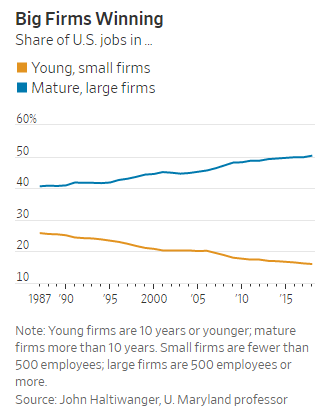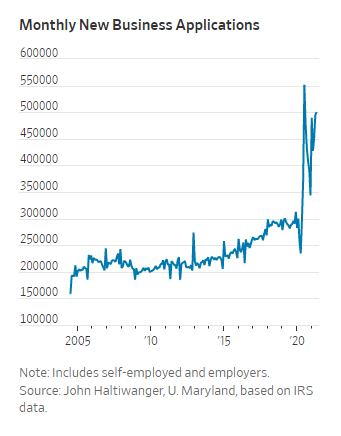(p. 4) Five years ago, Luo Huazhong discovered that he enjoyed doing nothing. He quit his job as a factory worker in China, biked 1,300 miles from Sichuan Province to Tibet and decided he could get by on odd jobs and $60 a month from his savings. He called his new lifestyle “lying flat.”
“I have been chilling,” Mr. Luo, 31, wrote in a blog post in April [2021], describing his way of life. “I don’t feel like there’s anything wrong.”
He titled his post “Lying Flat Is Justice,” attaching a photo of himself lying on his bed in a dark room with the curtains drawn. Before long, the post was being celebrated by Chinese millennials as an anti-consumerist manifesto. “Lying flat” went viral and has since become a broader statement about Chinese society.
. . .
Mr. Ding, 22, has been lying flat for almost three months and thinks of the act as “silent resistance.”
. . .
The ruling Communist Party, wary of any form of social instability, has targeted the “lying flat” idea as a threat to stability in China.
. . .
Mr. Luo was born in rural Jiande County, in eastern Zhejiang Province. In 2007, he dropped out of a vocational high school and started working in factories. One job involved working 12-hour shifts at a tire factory. By the end of the day, he had blisters all over his feet, he said.
In 2014, he found a job as a product inspector in a factory but didn’t like it. He quit after two years and took on the occasional acting gig to make ends meet. (In 2018, he played a corpse in a Chinese movie by, of course, lying flat.)
Today, he lives with his family and spends his days reading philosophy and news and working out. He said it was an ideal lifestyle, allowing him to live minimally and “think and express freely.” He encourages his followers, who call him “the Master of Lying Down,” to do the same.
After hearing about Mr. Luo’s tangping post on a Chinese podcast, Zhang Xinmin, 36, was inspired to write a song about it.
. . .
Mr. Zhang uploaded the song to his social media platforms on June 3, and within a day censors had deleted it from three websites. He was furious.
. . .
Lying down is really good
Lying down is wonderful
Lying down is the right thing to do
Lie down so you won’t fall anymore
Lying down means never falling down.
For the full story, see:
(Note: ellipses, and bracketed year, added.)
(Note: the online version of the story has the date July 3, 2021, and has the title “These Chinese Millennials Are ‘Chilling,’ and Beijing Isn’t Happy.”)



